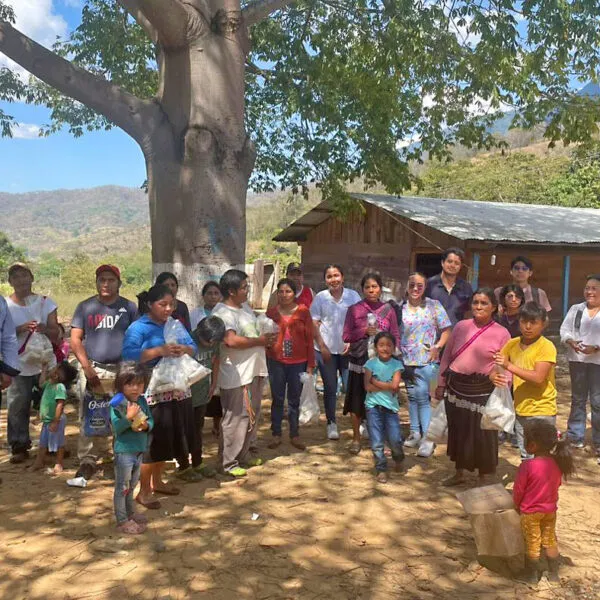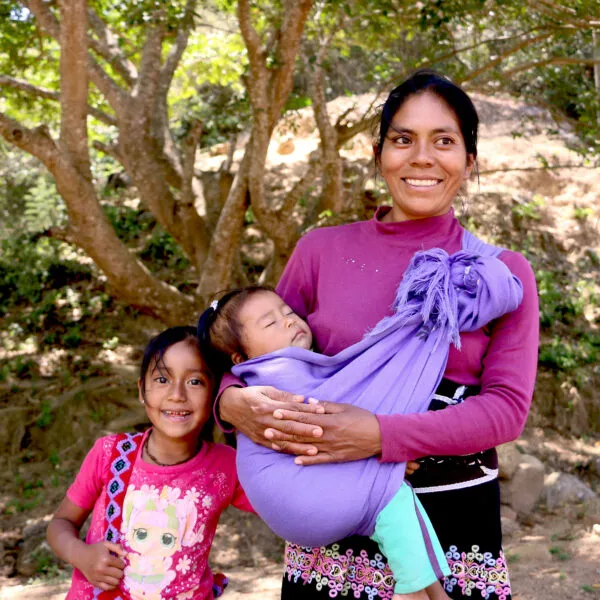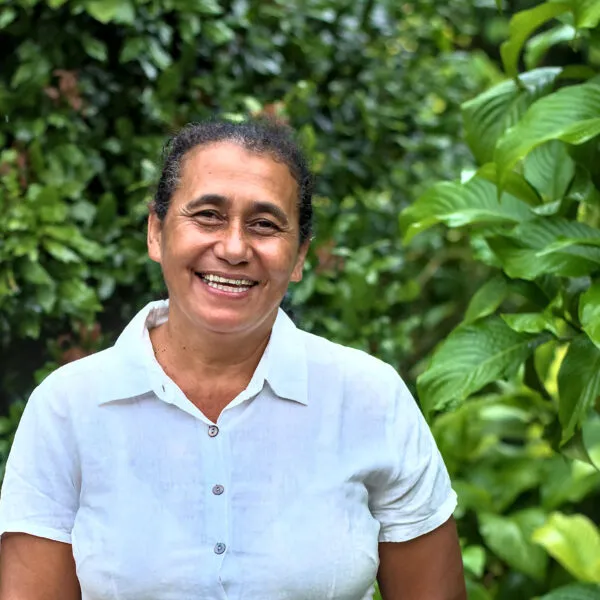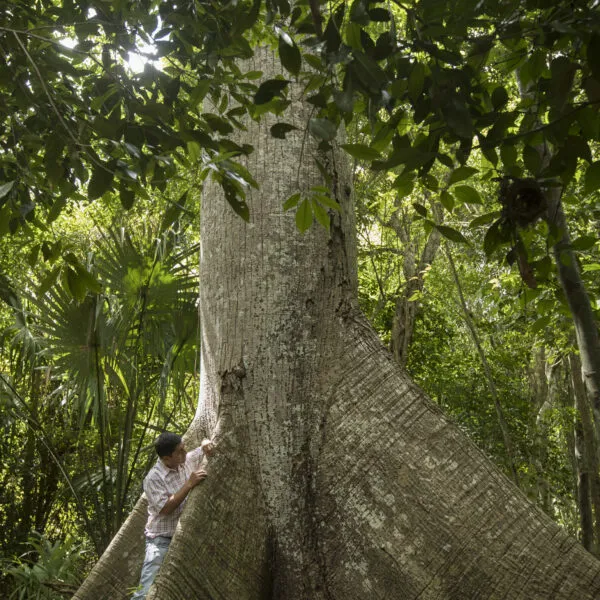A longtime participant in Rainforest Alliance training programs in Alta Verapaz, Guatemala, met with United States Vice President Kamala Harris last week in Guatemala City to share her experiences as a successful Indigenous woman entrepreneur. At the roundtable event, Harris invited 25-year-old Martha Pacay, along with three other Indigenous Guatemalan businesswomen, to serve as advisers to a new $40-million program in Guatemala, the Young Women in Power Initiative.
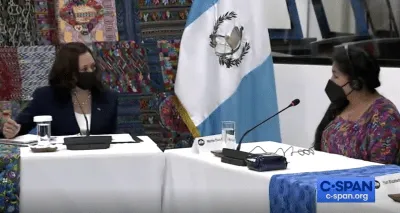
Pacay, who produces organic coffee and chocolates, receives Rainforest Alliance training in more sustainable and climate-friendly growing methods, as well as in business management and finance. With this training, Pacay has improved the productivity of her family plot, building up an income that she successfully maintained throughout the pandemic.
She first participated in a 2018 youth entrepreneur program run by FEDECOVERA, the umbrella organization for 42 cooperatives in Alta Verapaz, and supported by the Rainforest Alliance-led Climate, Nature, and Communities in Guatemala (CNCG) program of USAID. Pacay is a current member of FEDECOVERA’s youth cooperative, where she and other members receive CNCG training.
The US Embassy selected Pacay from a list of 100 Indigenous women entrepreneurs to meet with Harris based on the economic success and sustainability of Café y Chocolate Ixmucané, Pacay’s business. A university student in agronomy, Pacay also teaches at her hometown’s technical institute of natural resources. Pacay, who is Maya Q’eqchi’, speaks both Q’eqchi’ and Spanish.
Alta Verapaz is the third most populated department of Guatemala and the richest in terms of natural resources. But almost 90 percent of its residents—the vast majority of whom are Indigenous Maya Q’eqchi or Poqomchí—live in poverty, and 47 percent in extreme poverty. Youth unemployment is also high, which is why FEDECOVERA created the youth cooperative and training program that the Rainforest Alliance supports through CNCG.
“As young people we know that we are agents of change in our community,” Pacay told Harris. “And we know the challenges of daily life that young people face, as well as the opportunities like education and financing—and how we can innovate.”
Harris said she wanted Pacay and the other three roundtable participants to serve as advisers to the Young Women in Power Initiative “so that as we craft this initiative, we can learn what you have learned. Because of your work, girls and women you may never meet will benefit.”

